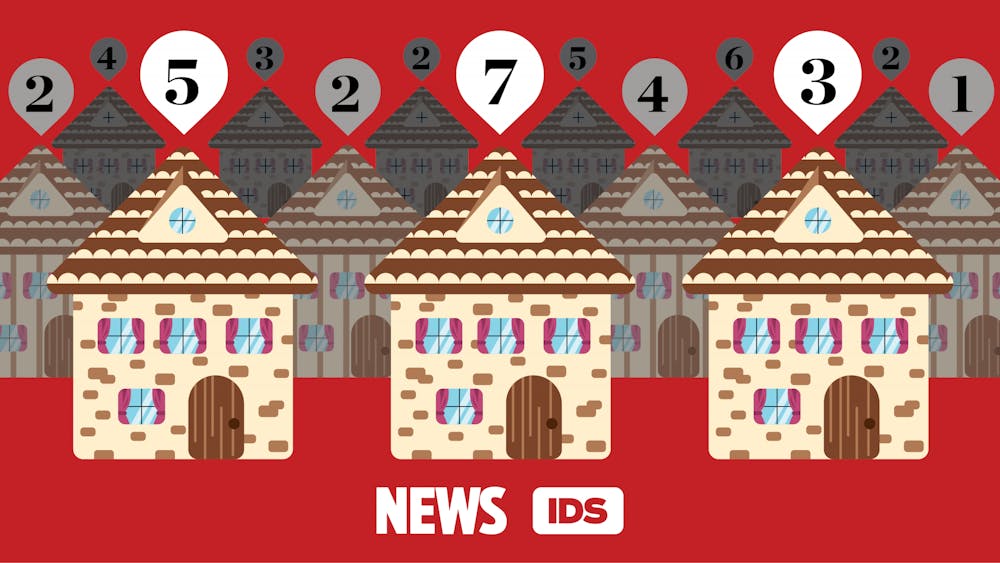On Census Day, April 1, many IU students will fill out the census for the first time. The census is a national survey completed every 10 years to determine the population distribution in the U.S.
Filling out the census this year will be easier and safer than before, according to the U.S. Census Bureau’s website. Respondents will be able to fill out the census online for the first time.
“We want to continue to serve the people of Bloomington,” said Beverly Calender-Anderson, director of Bloomington’s Community and Family Resource Department. “The census helps us do that.”
People will receive census forms in the mail between the second and third weeks of March, according to the Census website. Once these forms are received, people can respond over the phone, online or by mail.
On Census Day, those who have yet to fill out the survey can go to community locations such as City Hall, the Monroe County Public Library or Herman B Wells Library to fill out the census with help from census-trained personnel.
IU students should fill out their own census forms, rather than being counted by their parents, Calender-Anderson said. Students who are living in apartments and houses off campus should report their local address, even if the place is rented.
Local governments and businesses use census data to determine public safety and emergency preparedness, legislative initiatives and future business plans, according to the City of Bloomington website.
The census also determines the redrawing of congressional districts based on population distribution. Local and federal governments also use the census to distribute funding and grants to local hospitals, schools and infrastructure, according to the Census Bureau’s website.
Monroe County consistently sees a low response rate, according to the Census Bureau’s Response Outreach Area Mapper. The IU campus area has a response rate of between 30% to 35%. According to a survey by the Pew Research Center, about 40% of people under 30 years old said they don’t respond to the census because they don’t know much about it.
The Pew survey said people also do not respond to the census because it asks for too much information. Roughly one-third of respondents felt this way and said they do not trust the government with their information.
The Census Bureau director told Congress in April 2019 individual census responses are confidential.
According to the Pew survey, 56% of people think there is a question about citizenship on the census. This is one of the main misconceptions about the census — it does not ask for citizenship status. The census also does not ask about religious affiliations.
Sophomore Noah Moenning said the process is still outdated.
“It’s confusing why the process hasn’t been updated to make it easier for underrepresented people to respond,” Moenning said. “The government needs to know they’re there.”
He said some people do not have access to phones or the internet to respond to the census and some do not have mailing addresses to even receive the census.
Due to the large population of people experiencing homelessness in the U.S., the Census Bureau set aside three days to account for as many people as possible.
In cities across the U.S., Census workers will spend March 30 counting people in homeless shelters, March 31 counting people at soup kitchens and mobile food vans and April 1 counting people in non-sheltered, outdoor locations such as tent encampments, according to the 2020 Census website.
Bloomington will also take measures to account for the population of people experiencing homelessness, Calender-Anderson said. These measures include the community locations people can go to fill out census forms April 1.




